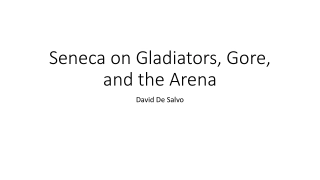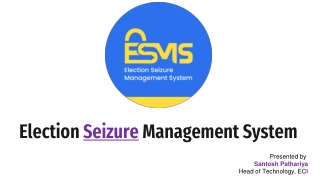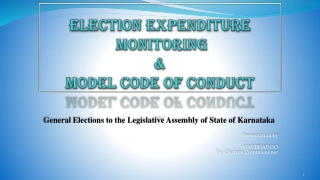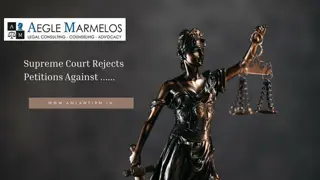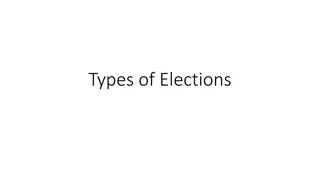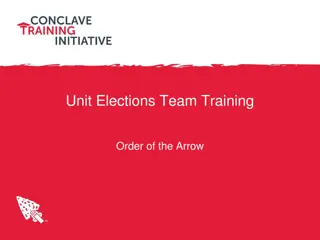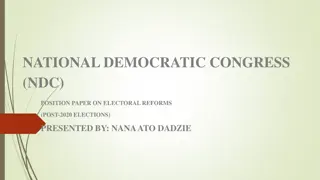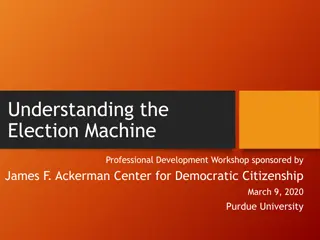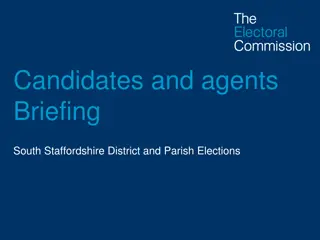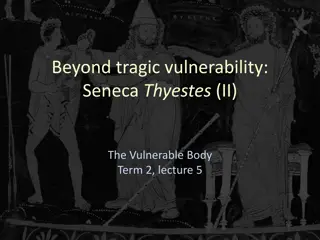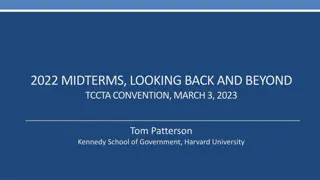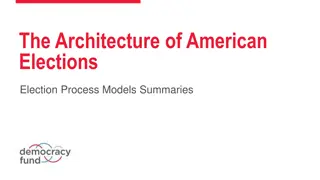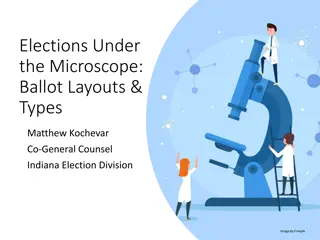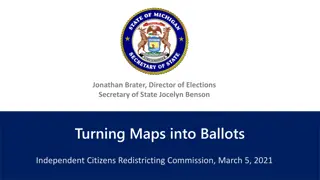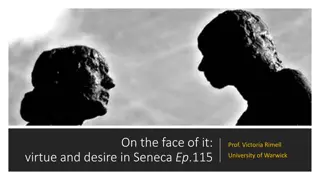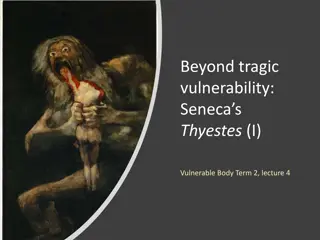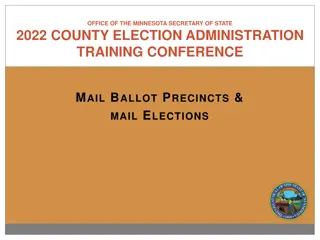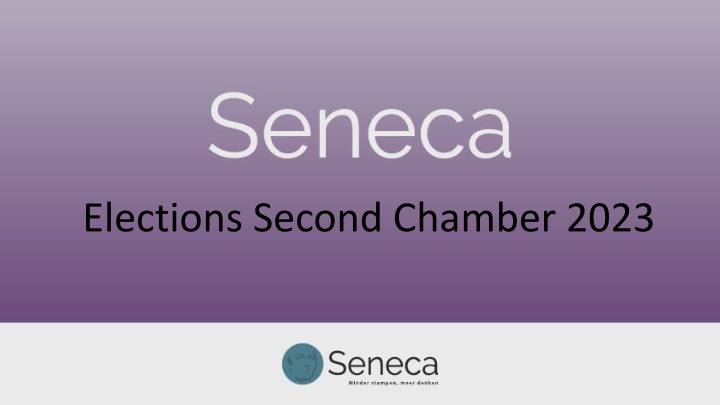
2023 Netherlands Second Chamber Elections
Learn about the upcoming 2023 Second Chamber elections in the Netherlands, including the need for these elections, the voting system, steps before elections, key issues, and participating political parties.
Download Presentation

Please find below an Image/Link to download the presentation.
The content on the website is provided AS IS for your information and personal use only. It may not be sold, licensed, or shared on other websites without obtaining consent from the author. If you encounter any issues during the download, it is possible that the publisher has removed the file from their server.
You are allowed to download the files provided on this website for personal or commercial use, subject to the condition that they are used lawfully. All files are the property of their respective owners.
The content on the website is provided AS IS for your information and personal use only. It may not be sold, licensed, or shared on other websites without obtaining consent from the author.
E N D
Presentation Transcript
At the end of this lesson, you will understand ...why elections for the Second Chamber are needed, ...a bit on how the voting system operates in the Netherlands (more on this in chapter 6 and 7 of your course book), ...the steps political parties take before elections, ...some of the major issues that play a role in these elections and the views that some parties have on these issues.
Why elections on November 22nd? In July 2023 the cabinet Rutte IV (the fourth cabinet of which Mark Rutte was prime minister) fell. The four parties in the cabinet (VVD, D66, CDA and CU) couldn t come to an agreement on how to deal with immigrants coming to the Netherlands. VVD and CDA wanted stricter measures that D66 and CU couldn t agree with. So, their coalition (cooperation) ended there. When a cabinet falls. New elections for a Second Chamber are necessary. After those elections there will be a new Second Chamber and a new cabinet can then be formed.
Voting in the Netherlands Who can vote? - Dutch nationals (18+) can vote in this election. Voting system: System of proportional representation: a voting system where the number of seats a party wins in an election is proportional to the number of votes received. For instance, 10% of the votes = 10% of the seats. There s a total number of 150 seats in the Second Chamber.
Steps before elections 1) Political parties prepare themselves: Write an election program and register with the Electoral Council and participate in (TV) debates. 2) Voters start thinking: Follow the news / watch election debates and fill out voting guides to see what aligns with their views. 3) Polls become more important: A poll is a survey about what people would vote for 'today. Different polls exist; the "Peilingwijzer" combines them. 4)Time to vote.
On Wednesday 22nd 21:00 Exit poll: survey of polls at polling stations After 21:00: Results per municipality New interim results / exit polls Somewhere in the night: preliminary election results Results on Monday, 30th of November by the Electoral Council an independent body responsible for organizing and supervising elections. It ensures that elections are conducted fairly, accurately, and transparently.
Political parties participating 70 (!) political parties registered to vote. 26 parties will actually participate. Some newcomers: A green, progressive party with elements from social democracy and liberalism. A party aimed at young people. A party that wants to promote...sport!
Political parties participating CDA SP GL-PvdA FvD PvdD CU Volt Ja21 SGP Denk BBB 50plus Bij1 NSC BVNL Political parties that will participate and had at least 1 seat in Second Chamber: VVD D66 PVV
Steps after the elections After the election of a new Second Chamber on November 22nd a new cabinet will have to be formed. More on this in chapter 6 of your course book, but in short: 1. Political parties will look for other parties that can come to an agreement on many or most issues to work together, because... 2. .if there are parties that can agree on many or most issues and those parties have a majority in the newly elected Second Chamber, they can form a new cabinet together and run the country.
Issues that are important during the debates 1. As said, the cabinet Rutte IV fell on the issue of how to deal with migration. That will be a topic of debate for the upcoming election as well. But there are other issues that will play a big role: 2. Climate 3. The stikstofcrisis 4. The economy 1. Assignment: On the next slide more on these issues and some viewpoints of political parties. You will be asked to mention advantages and disadvantages of each opinion.
1. Climate: GL/PvdA vs VVD Climate: What should be done in the Netherlands to deal with the climate crisis? GroenLinks/PvdA VVD Climate neutral (0 CO -emission) in 2040 (energy already in 2035). Climate neutral (0 CO -emission) in 2050. Tough measures for industries to make sure climate goals are met. Prevent loss of jobs and a shrinking economy as a result of climate policy. Nuclear energy not mentioned in election programme, but parties said no to nuclear energy in a recent debate. Use nuclear energy as a source for low CO -emission energy. What are advantages and disadvantages of each of these opinions?
2. Stikstof: BBB vs D66 The stikstofcrisis : The Netherlands has to lower emissions of nitrogen (stikstof) to preserve nature, but how should we do this (if at all)? BBB D66 No focus on lowering emissions, but focus on a broader view of nature. Prioritize building houses, infrastructure and helping farmers. Go to 50% of current emissions in 2030. Make sure nature isn t affected by high emissions. What are advantages and disadvantages of each of these opinions?
3. Economy: SP vs BVNL The economy: What should be done to fight growing poverty and inequality? And at the same time: How can the Dutch economy stay strong? SP BVNL Step out of the euro. Cheaper public transportation. Help smaller entrepreneurs, not big companies. Taxes (in general): Should go up for the rich and big companies to help others. Schiphol is allowed to grow. Free public transportation for everyone. Get rid of 20% of the civil servants. Make them available for the real economy. Tax (in general): Should in many cases go down in order to promote the free market. What are advantages and disadvantages of each of these opinions?
Issues that are important during the debates 1. You were asked to give advantages and disadvantages for several political ideas that different parties have. 1. You might realize now that in politics all decisions have upsides and downsides. Some people, groups or companies will benefit and other will not. 1. Making political choices is therefore very difficult: Whatever you do, it will always benefit some and hurt others. 1. The result of the elections will show us in which direction people think the Netherlands should move!
Want to learn more? If you want to learn more about the parties and views they have, try https://www.kieskompas.nl This is one of several websites that provides an advise for people on what to vote. Compare your result to that of your classmates! The advantage of using this website and not another, is that it uses the same set of axes that we use in our course book. Safe the result of this test for a while, it will help you later this year to understand your political preference: - One axis (progressive-conservative) is about cultural issues. - One axis (left wing-right wing) is on economic issues.

